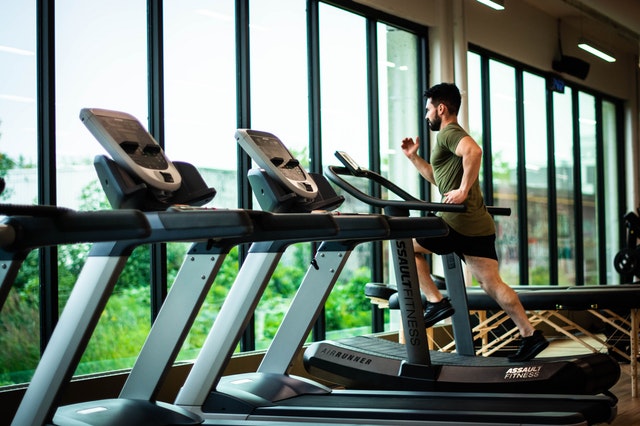
It is natural to feel tired when you are doing any form of training, but it becomes a problem when it develops into fatigue. Whilst for some, the thrill of getting into their basketball apparel, or swimming costume is enough to provide energy and motivation. Others may struggle with this; however, due to four main reasons. These include not being able to cope with the intensity of the training, lack of proper sleep, improper diet or stress-related fatigue. It is always good to consult a doctor if you experience fatigue during exercise to rule out any underlying medical problems. Lack of proper nutrition is found to be the most common reason for fatigue. A simple change in a diet plan can bring significant improvement in your energy levels.
Increased heart rate, sudden weight loss, loss of appetite, reduced performance and sleep problems are some of the symptoms of fatigue. If you experience any of this during your training, you need to figure out where you are going wrong and resolve it immediately before it becomes a more severe problem.
Most people are not aware of the nutritional content of what they are eating. They could be missing out on some of the essential vitamins and minerals the body needs, which could lead to specific health problems. When you are undergoing athletic training, lack of nutrition could lead to fatigue. You need to eat whole grains, meat, eggs, dairy and enough fruits and vegetables to get a complete meal which contains all the necessary nutrients for the body.
Most trainers avoid carbohydrates to increase weight loss; without realising those carbohydrates are a very important energy source for the body. You should not be avoiding carbohydrates, especially when you are in training. When you are training and are not getting enough carbohydrates, the body will start using the stored glycogen in the muscle cells, leading to fatigue. Carbohydrates are also essential for the proper functioning of the brain, and when sufficient amount is not available, a person will have poor concentration, mood swings and could even lead to depression.

It is also essential to eat on time and at regular intervals when you are training. After intense training, the muscle fuel, or glycogen, gets depleted and can only be restored through nutrition. If you don’t get your recommended carbohydrate intake, then you will start to feel fatigued. You also need to take high energy foods and drinks to maintain your energy levels, especially while training. Dehydration could also lead to fatigue. You need to drink lots of water, especially when you are training. People with a high perspiration rate should take extra precautions with their water intake.
Another cause of fatigue could be due to low iron in the body. This is more relevant for women athletes, as they are more prone to iron deficiency. A regular blood test can reveal any such problems, and it can be rectified by taking iron supplements. If you are not able to eat a balanced diet for some reason during your training period, you should take multivitamins and mineral supplements to compensate.
It is better to consult a general practitioner and conduct a blood test to find out any such deficiency before training starts. You can plan your diet according to results found to include your necessary nutrient levels to your meal plan. It is always advisable to consult a dietician when you are undergoing training. You also need proper rest between training sessions and sound sleep to feel energised for the next training session. Lack of sleep could be one of the reasons for fatigue, so always make sure you get a good nights sleep when you are undergoing athletic training.







